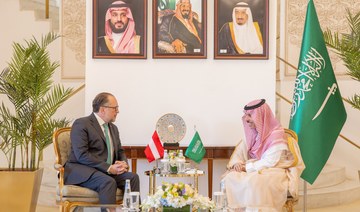Major EU legislation to impose unprecedented restrictions on how US tech giants do business passed a first and significant hurdle on Tuesday.
A key committee of the European Parliament overwhelmingly approved their version of the Digital Markets Act, legislation that will slap far-reaching rules on Facebook, Google, Amazon, Apple and Microsoft
Once passed, the landmark law should give the EU unprecedented powers to act quickly against these tech "gatekeepers" and impose a strict list of Do's and Don'ts on their most dominant platforms.
"The current competition rules are not enough," said German MEP Andreas Schwab, who is spearheading the DMA drafting in parliament.
The law will mean "game over for unfair practices ... The legislator makes the rules, not private companies", he added in a statement.
The vote is now set to go to the full European Parliament in December, with its companion law, the Digital Services Act, expected to be passed in January.
These final laws will be negotiated with EU member states, with ministers expected to greenlight their own versions at a meeting in Brussels on Thursday. The hope is to have them in force on January 1, 2023.
The legislative work is heating up a year after the European Commission first made its proposals and sets the scene for painstaking negotiations between the member states and MEPs in early 2022.
The big tech companies and other interests are lobbying furiously to influence the outcome, and member states will weigh in until the end with their own national priorities.
The process was given a shot in the arm with the testimony in parliament earlier this month by Facebook whistleblower Frances Haugen, who urged lawmakers to not lose their resolve.
The final negotiations will be presided by France, which has made delivering the new rules into law a major priority of its six-month EU presidency that begins on January 1.
In detail, the parliament's version increases the threshold for designating a company as a gatekeeper, reducing the likelihood that the law would capture companies beyond the US giants.
It beefs up the powers of national competition authorities, with key member states Germany and France eager to not leave all the power to the European Commission in Brussels.
It could also demand a ban on ads targeted at minors, as well as force platforms make some of their services, including messenger software and social media, operable in rival networks.
CCIA, the lobby for big tech, criticised the text, saying that many of the additions added by parliament created "significant risks of unintended consequences for Europe's digital economy."
"We hope the final EU negotiations will ensure that the DMA is workable for all (and) gives companies a fair chance to comply," said CCIA's Kayvan Hazemi-Jebelli.
US tech giant are under pressure to change their ways in Europe.
In the latest salvo, Italy's competition watchdog imposed fines totalling over 200 million euros ($225 million) on Amazon and Apple on Tuesday for infringing EU laws through restrictions which penalised selles of Apple and Beats products.























